The Fokker D.XXI fighter was designed in 1935 by Dutch aircraft manufacturer Fokker in response to
requirements laid out by the Royal Netherlands East Indies Army Air Force (Militaire Luchtvaart van het Koninklijk Nederlands-Indisch Leger, ML-KNIL)
Role Fighter
National origin Netherlands
Manufacturer Fokker
Designer Erich Schatzki
First flight 27 March 1936
Retired 1948
Status Retired
Primary users Finnish Air Force Dutch Air Force Royal Danish Air Force
Number built 148

The D.XXI was designed as an inexpensive, rugged, and compact fighter aircraft that would possess respectable performance for its era. Entering operational use in the early years of the Second World War, it provided yeoman service for both the Luchtvaartafdeling (Dutch Army Aviation Group) and the Finnish Air Force. Additionally, a few examples were constructed by the El Carmolí factory before it fell into rebel hands during the Spanish Civil War. Following the invasion and occupation of the Netherlands in May 1940, several captured Dutch D.XXIs were subsequently placed into service with the Luftwaffe.
Specifications
Spotlights
- NewWorldAerospace 1.1 years ago
- DJRianGamerTheHololiveFan 1.1 years ago
- ChihiroFujisaki 1.1 years ago
- Apollo018362 1.1 years ago
General Characteristics
- Created On Android
- Wingspan 48.4ft (14.8m)
- Length 36.7ft (11.2m)
- Height 15.8ft (4.8m)
- Empty Weight N/A
- Loaded Weight 12,941lbs (5,870kg)
Performance
- Horse Power/Weight Ratio 0.386
- Wing Loading 23.0lbs/ft2 (112.4kg/m2)
- Wing Area 562.4ft2 (52.2m2)
- Drag Points 7100
Parts
- Number of Parts 388
- Control Surfaces 0
- Performance Cost 1,263

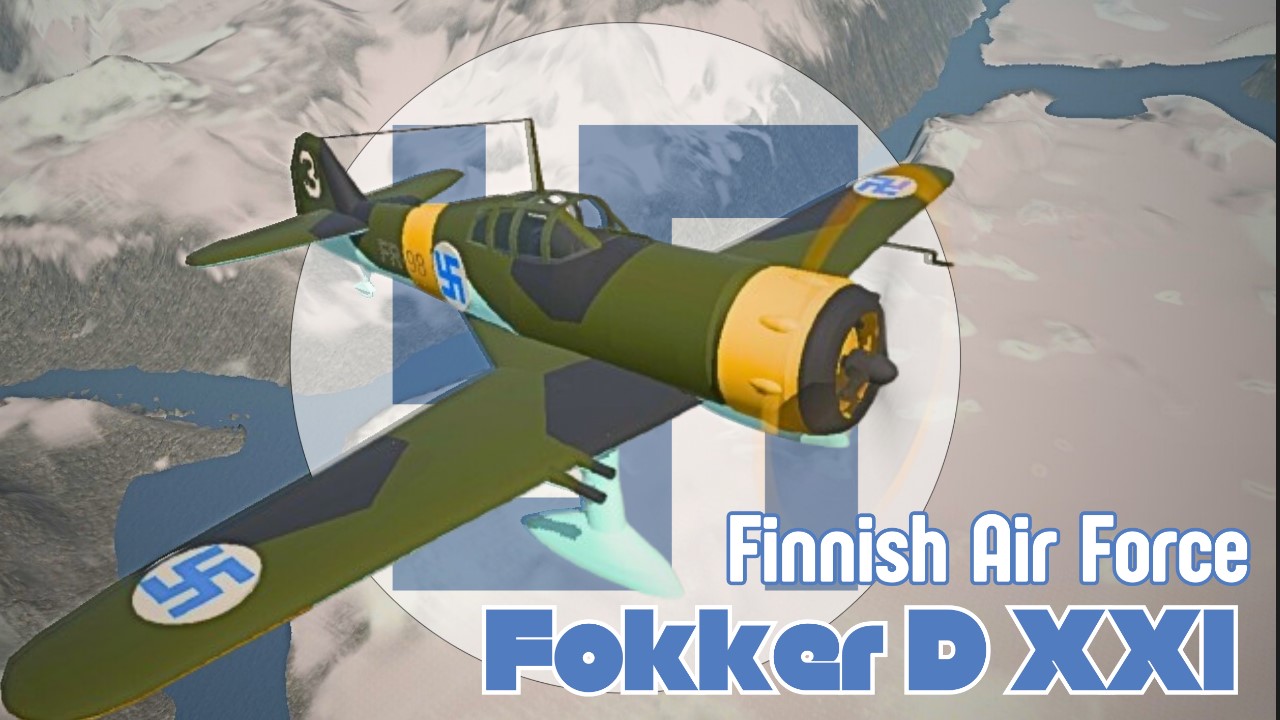
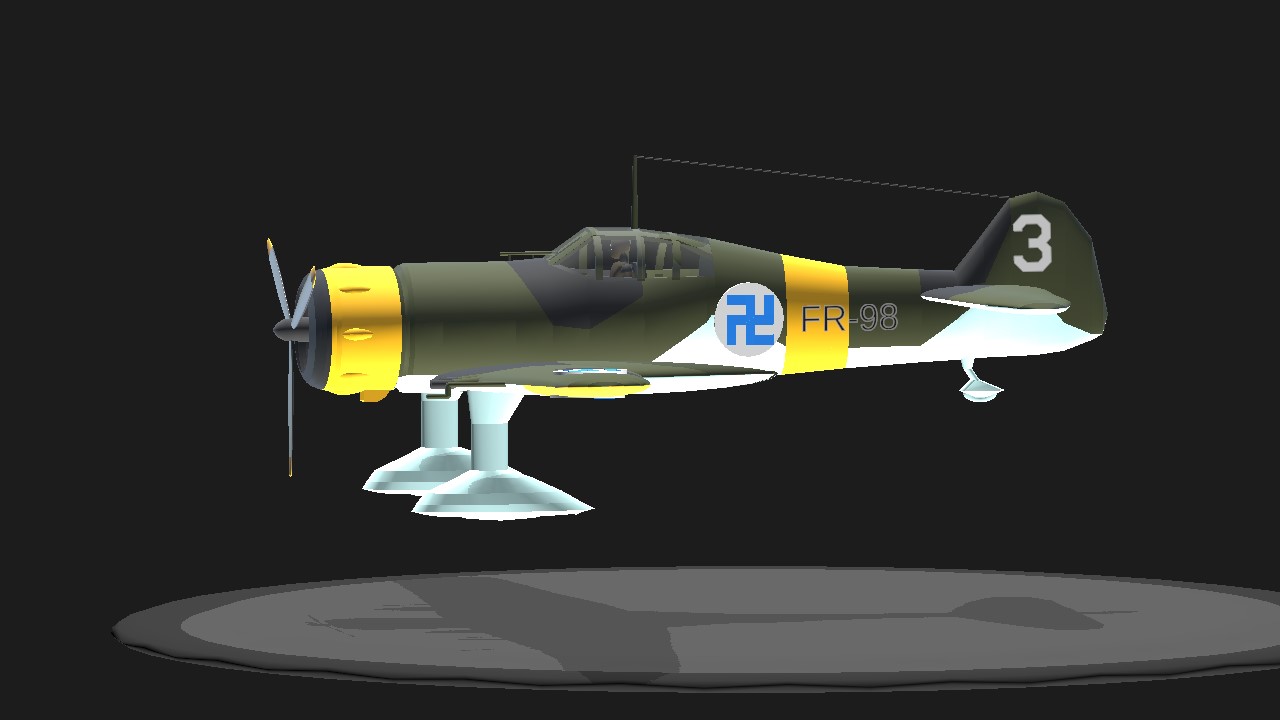
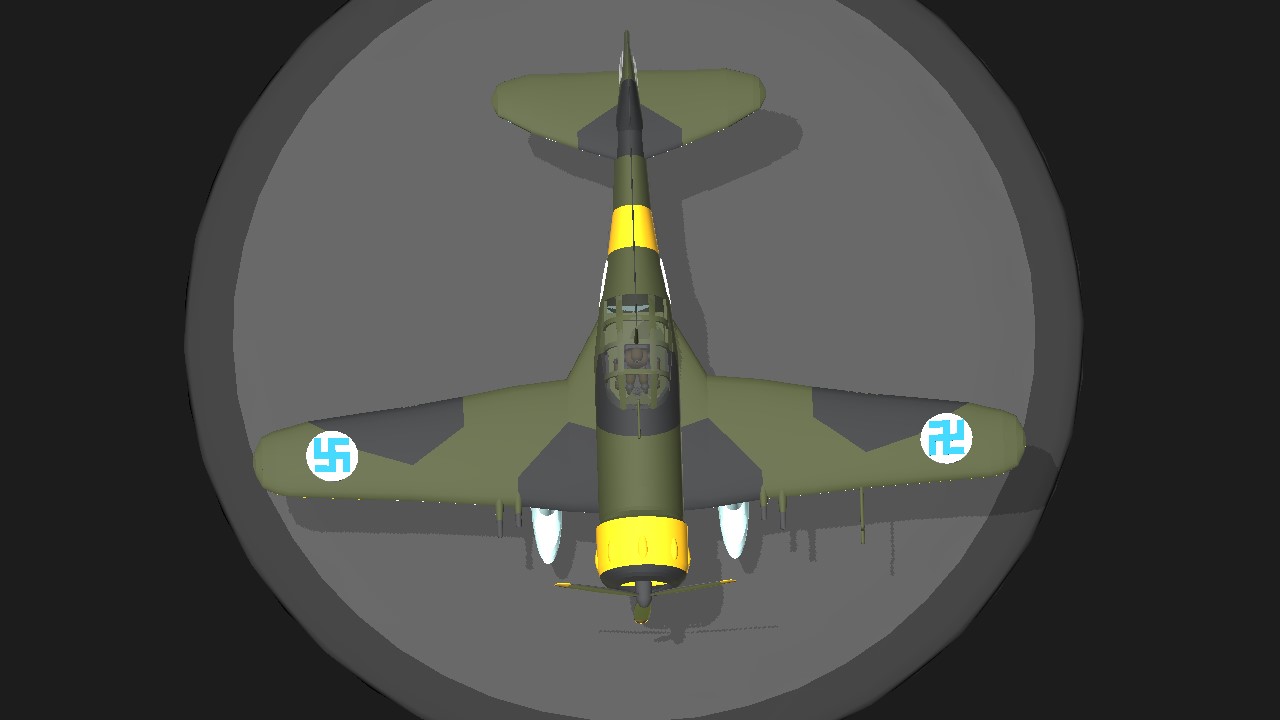
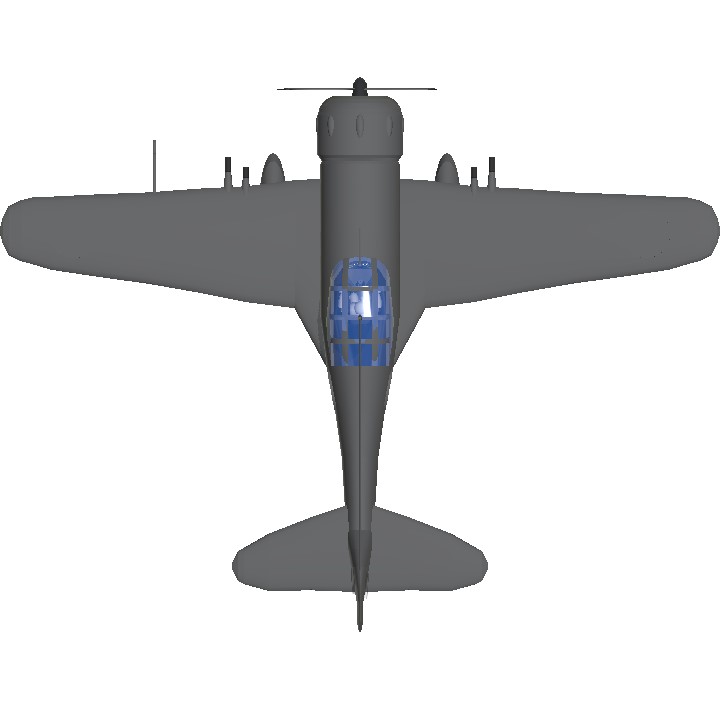
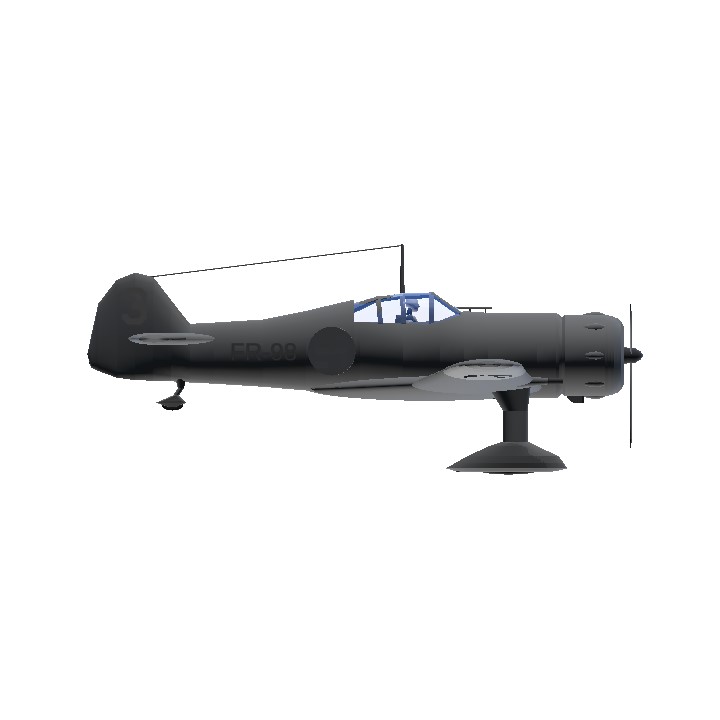
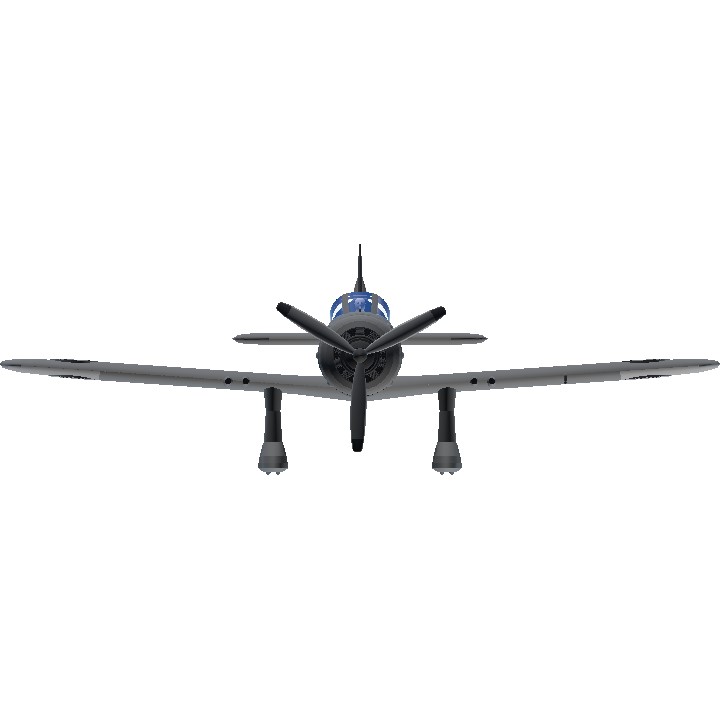
Omg is that a soictica
@Onat67 you just basically gave a better explanation of my summary
Ok guys, I think there is some confusion here about the swastika, the emblem of the Finnish air force, therefore I made a short compilation from wikipedia to solve this problem:
The early history of the Finnish Air Force began with Russian aircraft stationed in Finland before their independence. During the Finnish Civil War in 1918, the Whites managed to seize aircraft from the Soviets with the help of foreign pilots and aircraft. Swedish citizens contributed with aircraft, the first of which arrived in February 1918. The Swedish count Eric von Rosen presented the White Government of Finland with a Thulin Typ D aircraft, painted by Hermann Goerig (later commander in chief of the Luftwaffe) with a blue swastika symbolising good luck. This symbol was officially adopted in March 1918 and became the emblem of the Finnish Air Force. Although the symbol was changed by Allied decision after 1944, it still appears on some unit emblems and insignia.
@A330neoISGOATED WHY DOES EVERYONE THINKS THAT ANY SWASTIKA IS NAZI? LIKE BRO, IT WAS A UNIVERSALLY USED SYMBOL THAT MEANS PEACE
@A330neoISGOATED ya
@TheOfficalMarylander fax.
@A330neoISGOATED Yea, its kinda known throughout aviation fans(not all), it was adopted in 1918 after Finnish Independence from Russia after WW1, and was discontinued in 1945 after the Continuation War went south, Finland lost to the allies and switched sides, and the hindu swastika being basically banned because of a man in a mustache(im not referring to Kaiser Wilhelm II).
@CrestelAeronautics WUT?!
@A330neoISGOATED n u h u h, they had it before Germany
One question. Why the Finnish Air Force (FAF) has a swastika on it? Is very offensive ngl.
More like...
fuck3r.